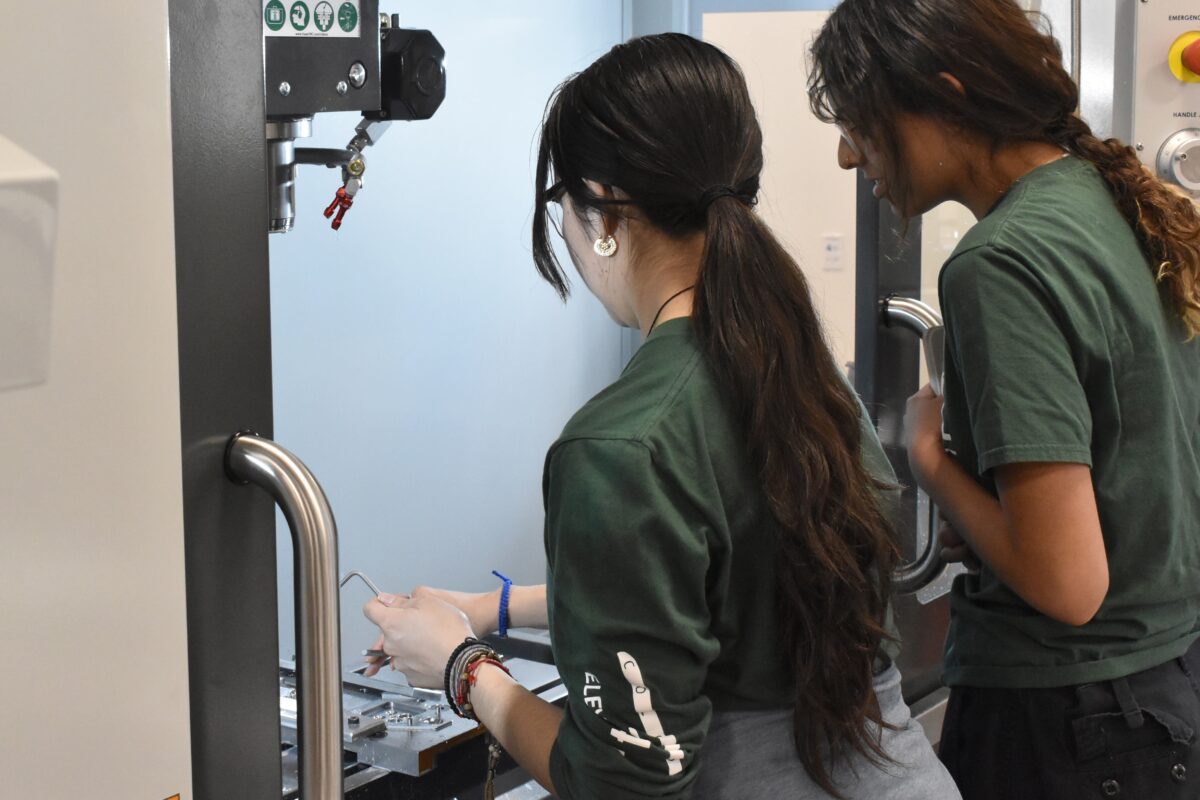Application Eligibility Requirements
To be eligible to apply for aid from the NSF Robert Noyce Teacher Scholarship program and participate in Program activities and events, Scholars must meet the following requirements.
Undergraduate Scholars must:
- Be enrolled in a STEM degree program at Adams State as a junior or senior (at least 60 credit hours completed),
- add a secondary education major to complete Colorado teaching licensure requirements,
- have completed both ED 200 (Perspectives Teaching/Learning) and ED 220 (The Exceptional Learner),
- have and maintain at least a 2.75 GPA, and
- agree to teach two (2) years in a high-need school district for each year of support (up to a max of 6 years).
Graduate-level Scholars must:
- Hold a previously completed STEM degree with a documented GPA of at least 3.0,
- complete their Masters of Education and licensure requirements within one (1) year, and
- agree to teach two (2) years in a high-need school district.
Terms and Conditions
-
- Academic Progress: The Scholar must be either currently enrolled in or have previously completed an undergraduate degree in a STEM field. The Scholar also agrees to maintain satisfactory academic progress as defined in this Agreement. Undergraduate Scholars are to have and maintain a grade point average (GPA) of at least 2.75 for the duration of their time in the Program, while graduate Scholars will be expected to maintain a GPA of at least 3.0.
- Teaching Commitment: The Scholar acknowledges that, upon successful completion of their degree and licensure program, they commit to teaching in a high-need school district for a minimum of two years for each year they receive support.
- The term “high-need local educational agency (or high-need LEA)”, is defined in section 201 of the Higher Education Act of 1965 (20 U.S.C. 1021).
- NOTE: The term “high-need local educational agency (or high-need LEA)” is synonymous with “high-need school district.”
-
- Program Participation: The Scholar agrees to actively participate in Program-related activities, including but not limited to mentoring, professional development, and community engagement, as required by the Program. This includes the participation in at least one (1) extra-curricular activity related to the Scholar’s major and one (1) extra-curricular activity relating specifically to STEM education each semester for the duration of the Scholar’s time in the Program.



